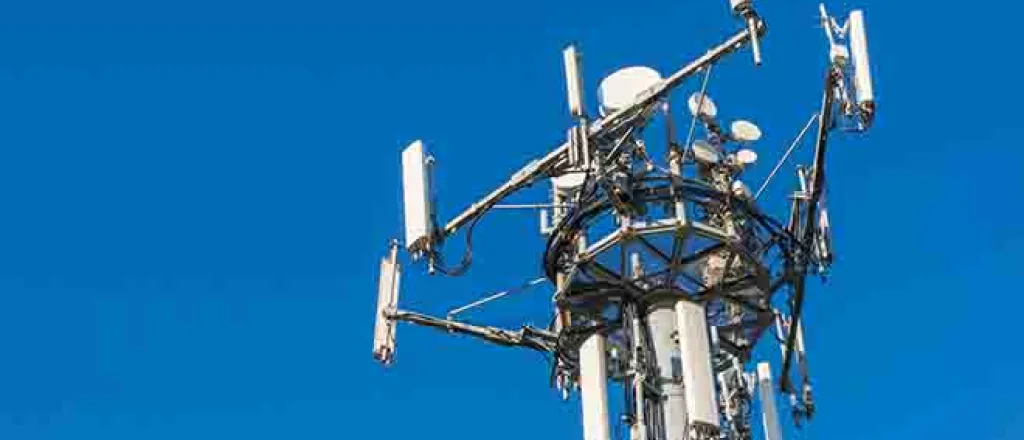
Advocates call on FDA to follow law on wireless radiation
(California News Service) In 1968, Congress passed a law requiring the Food and Drug Administration to minimize people's exposure to wireless radiation, but the agency dropped the ball, according to a new petition filed by a coalition of consumer advocates.
The group wants the FDA to evaluate the public's exposure to radio-frequency radiation emitted by things such as cellphones, laptops, tablets, routers, game consoles and smart meters.
Doug Wood, founder and national director of Americans for Responsible Technology, spearheaded the petition.
"All those things that depend on and emit RF radiation fall under the purview of FDA," Wood explained. "It's the only agency right now, that has both the authority and the responsibility to protect the public health by trying to minimize those exposures as much as possible."
Wood wants the FDA to measure and analyze the public's exposure, especially kids in modern classrooms packed with wireless technology. Then the agency could develop and publicize best practices for minimizing exposure.
The FDA has said it relies on the industry RF radiation exposure standard developed in the 1980s and adopted in 1996 by the Federal Communications Commission. The FDA considers safe any device coming in under the limit.
Wood argued the standard is outdated, considering multiple studies -- including a huge one in 2018 from the National Toxicology Program -- found RF radiation from cellphones led to cancer in rats.
"So they're kind of caught between a rock and a hard place," Wood contended. "On the one hand, they've got a trillion-dollar worldwide industry, depending on them to not say this stuff is dangerous. And they've got a law from Congress saying you are required to protect public health by minimizing that exposure as much as possible."
Ellie Marks, director of the nonprofit California Brain Tumor Association, said her husband Alan is fighting brain cancer which developed right where he held his cellphone for many years.
"Had the FDA done their jobs and properly advised consumers, my husband and family would not have suffered as we have," Marks asserted. "And I know many others quite young who are now deceased from cancers related to their cellphone use."
The FDA has 180 days to evaluate the petition. If it is rejected, advocates would have the option to file suit.
















